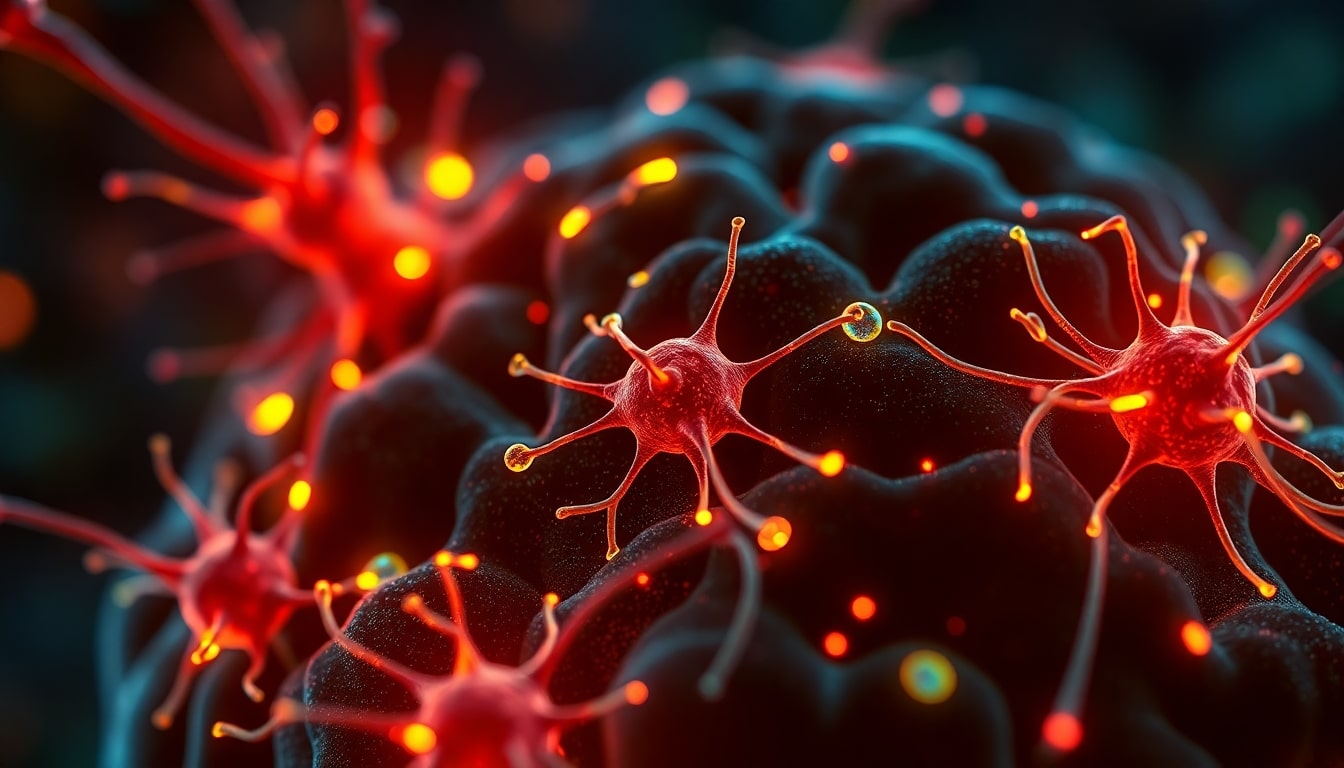
Have you ever wondered why some people develop Alzheimer’s disease while others with similar early brain changes do not? Scientists have been chasing this question for decades, and now, a groundbreaking study from Harvard Medical School offers a surprising answer that could change everything we know about the disease: a simple mineral called lithium.
Key Takeaways
- Lithium Levels Matter: Researchers found that people with healthy brains have naturally higher levels of lithium, while those with Alzheimer’s have significantly lower levels.
- An Early Warning Sign: This drop in lithium appears to happen very early in the disease process, even before major symptoms or brain damage occur.
- Hope for a New Treatment: A special form of lithium, given to mice at very low and safe doses, was able to reverse memory loss and reduce brain damage.
- A New Direction: This discovery could lead to new ways to detect, prevent, and possibly even reverse Alzheimer’s by focusing on maintaining healthy lithium levels.
What’s the Link Between Lithium and Your Brain?
You might know lithium as a powerful medication used to treat mood disorders, but it’s also a natural mineral found in tiny amounts in our water and food. This new research reveals that your brain naturally contains low levels of lithium, where it appears to play a vital protective role. By analyzing brain tissue from hundreds of people, scientists made a clear connection: the higher the lithium, the healthier the memory. Those with early memory problems or full-blown Alzheimer’s consistently showed a shortage.
Why This Finding is a Game-Changer
For years, Alzheimer’s research has focused heavily on clearing out harmful amyloid plaques that build up in the brain. While important, treatments based on this approach have had limited success. This new study suggests we may have been missing a key piece of the puzzle. It might not just be the presence of plaques that matters, but how your brain responds to them. Lithium appears to be a crucial factor in that response. When researchers reduced lithium in mice, the animals developed brain inflammation, memory loss, and the very plaques linked to Alzheimer’s, showing a direct cause-and-effect relationship.
A Potential Treatment That Reverses Damage?
The most exciting part of the study involves a special form of the mineral called lithium orotate. This compound was able to do something remarkable in mice: it reversed memory loss and repaired signs of brain damage, even in animals with advanced disease. What’s more, it worked at a dose 1,000 times lower than what’s used for mood disorders, making it potentially much safer for older adults. This specific type of lithium seems to be able to get to where it’s needed in the brain without being trapped by the amyloid plaques, allowing it to get to work protecting and repairing brain cells.
Conclusion
This discovery offers incredible hope for a completely new way to approach Alzheimer’s disease. While the researchers caution that you should not start taking lithium supplements on your own, they are now planning human clinical trials to test lithium orotate. If successful, we could see a future where a simple test for lithium levels helps detect Alzheimer’s risk early, and a low-dose supplement could help protect your brain, maintain your memory, and potentially even reverse the course of this devastating disease.
Scientific References
The study is published in the journal Nature.
Yankner, B. A., et al. (2025). Lithium deficiency as a potential risk factor for Alzheimer’s disease. Nature. https://www.nature.com/articles/s41586-024-08162-z

